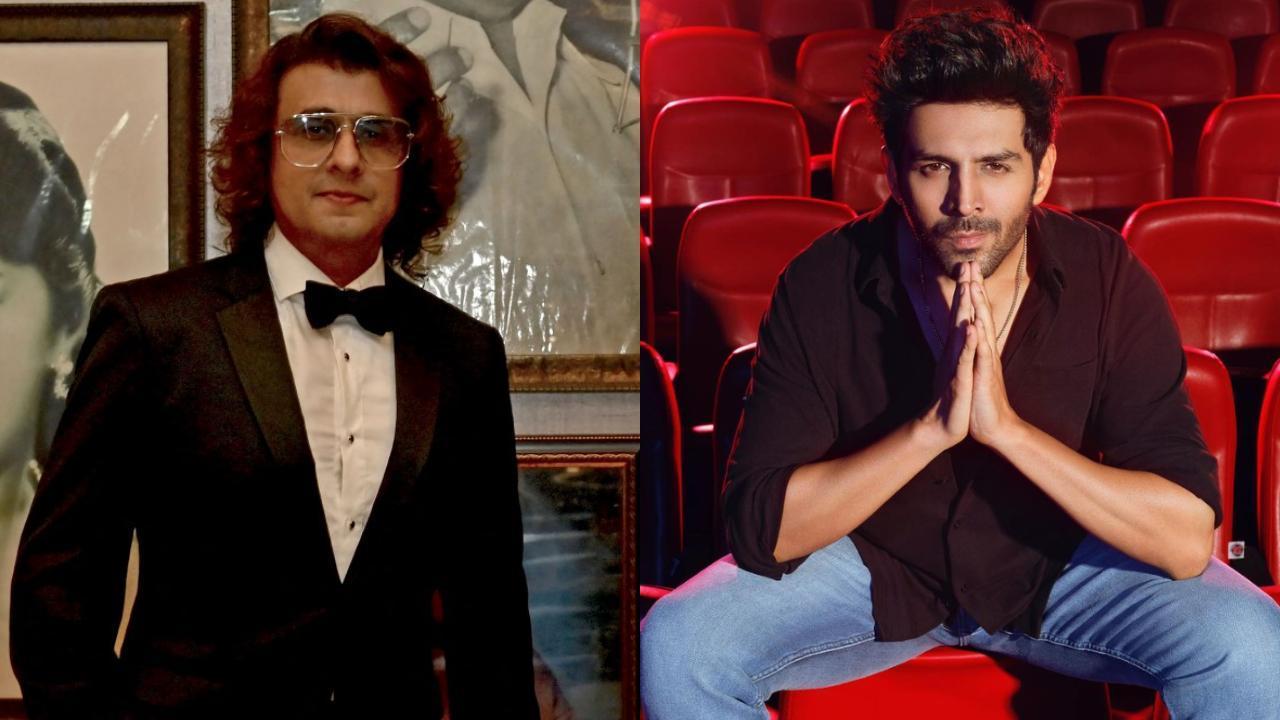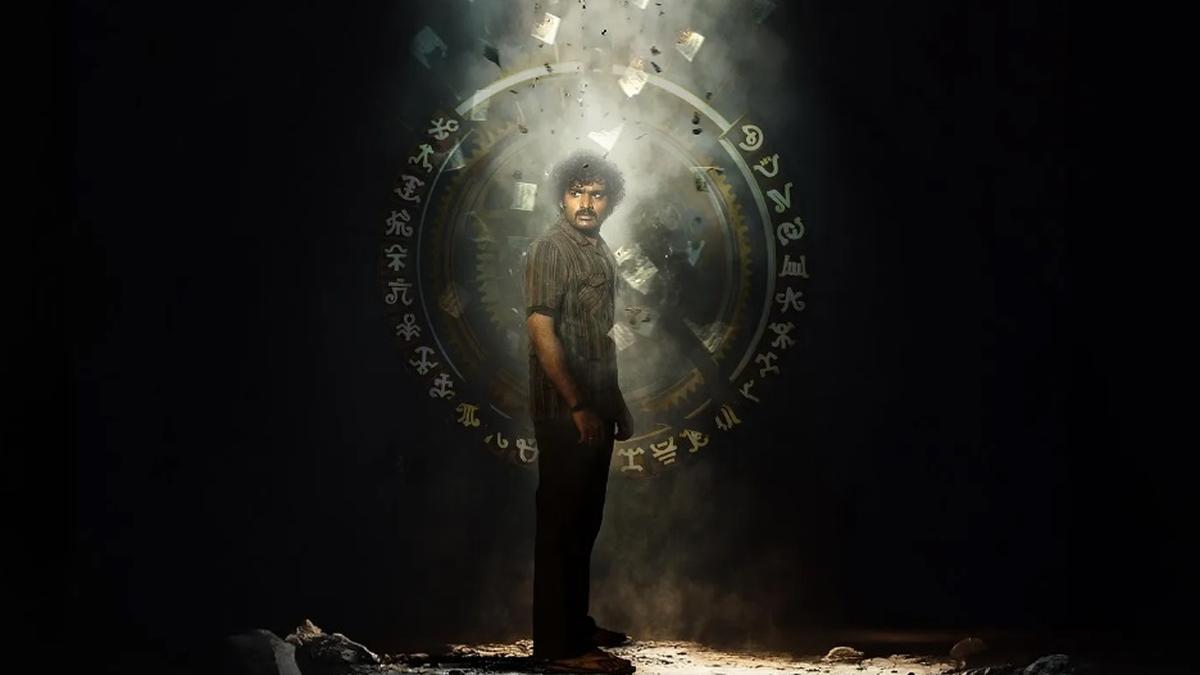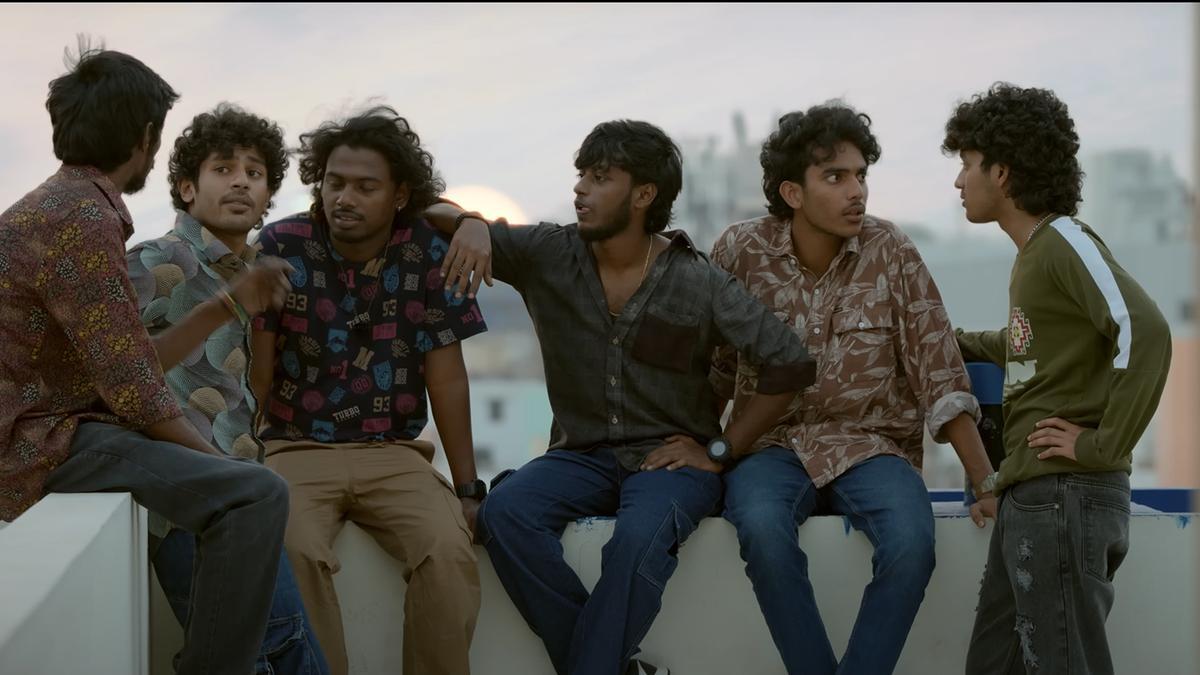
As the luminescent sepia tones paint cinematic frames on our screens, ‘Ae Watan Mere Watan’ nudges the consciousness of its audience with a story steeped in India’s freedom struggle, now streaming on Amazon Prime Video. Directed by Kannan Iyer, with actors Sara Ali Khan and Emraan Hashmi playing pivotal roles, the film presents a patient portrayal of patriotism and has earned itself a considered rating of 3 out of 5.
Set against the tumultuous backdrop of the British Raj, the movie introduces us to characters representing both the conniving opportunists benefitting from colonial rule and those suffering from an oppressive Stockholm Syndrome. It’s a stark reminder of the varying degrees of allegiance displayed during turbulent times, encapsulated by a significant query raised in the film, “If not the British, then who?”.
At the crux of ‘Ae Watan Mere Watan’ lies the phenomenon of ‘andh bhakti’ or blind faith, manifesting in characters who recite their devotion to figures like Winston Churchill with unwavering fervor. The narrative extends beyond these individuals, however, offering poignant insights into the mechanisms of power, namely the suppression of independent media, protests, and political leaders that hindered the freedom movement and kept the masses in the dark.
This gripping piece of historical cinema finds its heart in the clandestine operation of an illegal pirate radio station, helmed by none other than the film’s leading force, Usha Mehta (played by Sara Ali Khan). Mehta was a real-life freedom fighter, embodying the struggle and resilience of both her family and her nation, whilst challenging the reigning powers. Despite her elite background, a common thread among many leaders of India’s independence, her story has remained relatively uncelebrated—much like other women of her era who contributed to the nation’s fight for freedom.
Director Kannan Iyer, known previously for his work in genre films like ‘Ek Thi Dayan’, holds true to this period flick’s aesthetic with carefully crafted sepia tones and exquisite production design. However, imagination begs the question: could this film have thrived as a fast-paced thriller? The constant relocation of pirate radio stations, coupled with close pursuits by the police, hint at parallels with Cold War spy dramas.
Nevertheless, Iyer, along with co-writer Darab Farooqui, drawing on the play ‘Kharr Kharr’ for inspiration, opts for a less vibrant pacing, prioritizing the sanctity and historical importance of the subject over cinematic indulgence. As such, the film unfolds in a manner that might appeal more to an audience appreciative of a methodical and solemn portrayal of history.
The cast further enriches the film’s narrative, with Emraan Hashmi making a notable entry halfway through as socialist Congressman Ram Manohar Lohia, alongside the standout performance of Sara Ali Khan as Usha Mehta—the film’s moral compass in embodied form. This marks Khan’s most distinguished work to date, providing an introspective look into a historical figure’s contributions and struggles. Viewers should also watch for Sparsh Shrivastava, who shines as another key player among the radio rebels.
The city of Bombay itself is portrayed as a character within the film, serving as an emblematic setting where the “do or die” passion of the Quit India Movement resonates through the clandestine transmissions from various hideouts scattered across the metropolitan landscape.
Interestingly, the film’s format, which leans toward long-form, prestige television, posits the question: might ‘Ae Watan Mere Watan’ have been better suited as a mini-series? Regardless, placed within the medium of an OTT platform, it proves to be a fitting addition to the stream of content that bridges the gap between the web series and cinematic film experiences.
‘Ae Watan Mere Watan’ channels the true essence of India’s freedom struggle, blossoming as a tribute to the unsung heroes of independence. It is a subtle, yet stirring narrative that asks for patience to understand and appreciate the sacrifices made for the freedom we often take for granted today.










